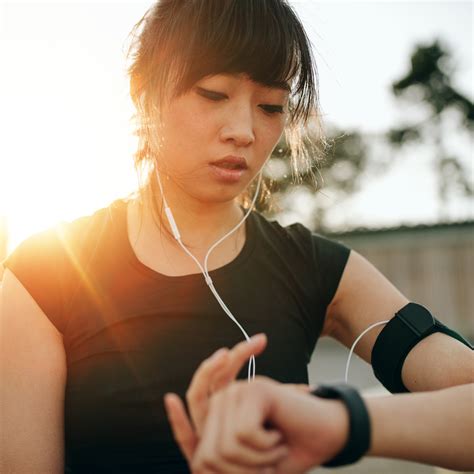Which fitness tech truly optimizes workout tracking & recovery for peak physical performance?

The Era of Quantified Performance: Unlocking Your Potential
In the relentless pursuit of peak physical performance, athletes and fitness enthusiasts alike are constantly seeking an edge. The digital age has delivered an arsenal of fitness technology, promising not just to track activities but to truly optimize every aspect of training and recovery. But with a market saturated with smartwatches, rings, sensors, and apps, which devices genuinely deliver on their promise to elevate your performance?
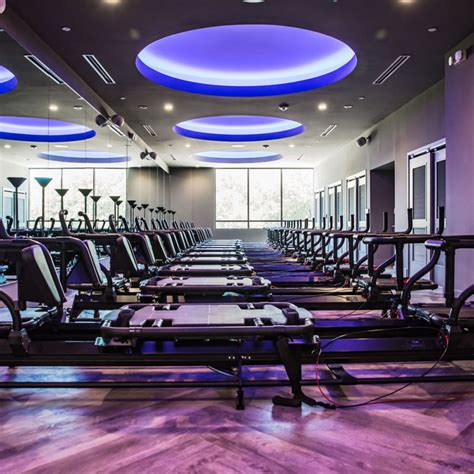
Precision in Workout Tracking: Beyond Steps and Calories
Effective workout tracking goes far beyond simply counting steps or estimated calories burned. Modern fitness tech provides granular data crucial for performance enhancement. Smartwatches and fitness trackers from brands like Garmin, Apple Watch, and Fitbit offer robust GPS tracking for distance and pace, continuous heart rate monitoring (HRM), and even advanced metrics like running dynamics (cadence, ground contact time) or swim stroke recognition.
For more specialized training, dedicated sensors offer unparalleled accuracy. Power meters for cyclists, for instance, measure direct output in watts, providing the most objective measure of effort and progress. Gym-focused devices can track reps, sets, and even barbell velocity, offering insights into strength training effectiveness and fatigue. Integrating these diverse data points into a single platform allows for a comprehensive overview of training load and progression.
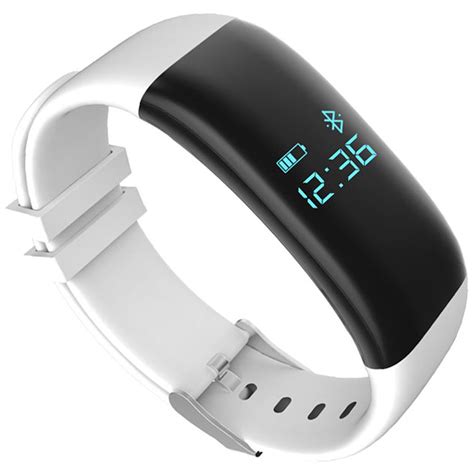
The Science of Recovery: Fueling Future Performance
Performance isn’t just built in the gym; it’s forged during recovery. Sophisticated fitness tech has revolutionized how we understand and optimize this critical phase. Sleep trackers, often integrated into smartwatches or dedicated rings like Oura, analyze sleep stages (REM, deep, light), duration, and consistency, providing a ‘sleep score’ that correlates with recovery status.
Heart Rate Variability (HRV) has emerged as a key metric for recovery. Devices that track HRV, either through dedicated chest straps or integrated into wearables, measure the subtle variations in time between heartbeats. A higher HRV generally indicates a well-recovered nervous system, while a lower HRV can signal stress, overtraining, or impending illness. This data helps athletes make informed decisions about daily training intensity, preventing burnout and injury.
Other recovery tools, such as smart scales that measure body composition or even some massage guns with app integration, contribute to a holistic recovery picture by tracking physical changes and aiding muscle repair.
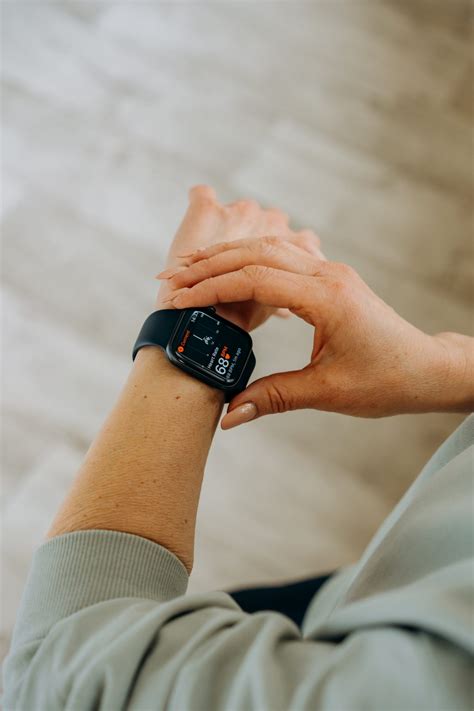
Seamless Integration and Actionable Insights
The true power of fitness tech lies not just in collecting data, but in its integration and the actionable insights derived from it. Many platforms now aggregate data from multiple devices – your watch, your bike computer, your smart scale – to present a unified view of your fitness. This allows for calculation of metrics like training load, acute-to-chronic workload ratios, and readiness scores.
Advanced apps leverage AI and machine learning to analyze these trends, offering personalized coaching advice, suggesting optimal training zones, or even recommending rest days based on your recovery metrics. This level of data synthesis transforms raw numbers into a personalized roadmap for performance optimization, helping users avoid plateaus and injuries.
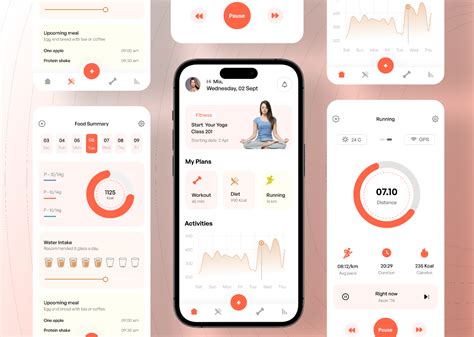
Choosing Your Optimization Toolkit: What Truly Matters?
With so many options, selecting the right fitness tech depends on individual goals, budget, and desired level of detail. For general fitness and health monitoring, a feature-rich smartwatch or fitness tracker might suffice. Endurance athletes might prioritize devices with accurate GPS and HRV tracking, while strength athletes may lean towards sensors that measure force and power output.
Consider the ecosystem: Do you prefer one brand’s app and hardware, or are you comfortable mixing and matching devices that integrate well with a third-party platform? Ultimately, the best fitness tech is one that you will consistently use, trust, and most importantly, provides data you can understand and act upon to drive real improvements in your workout tracking and recovery for peak physical performance.
